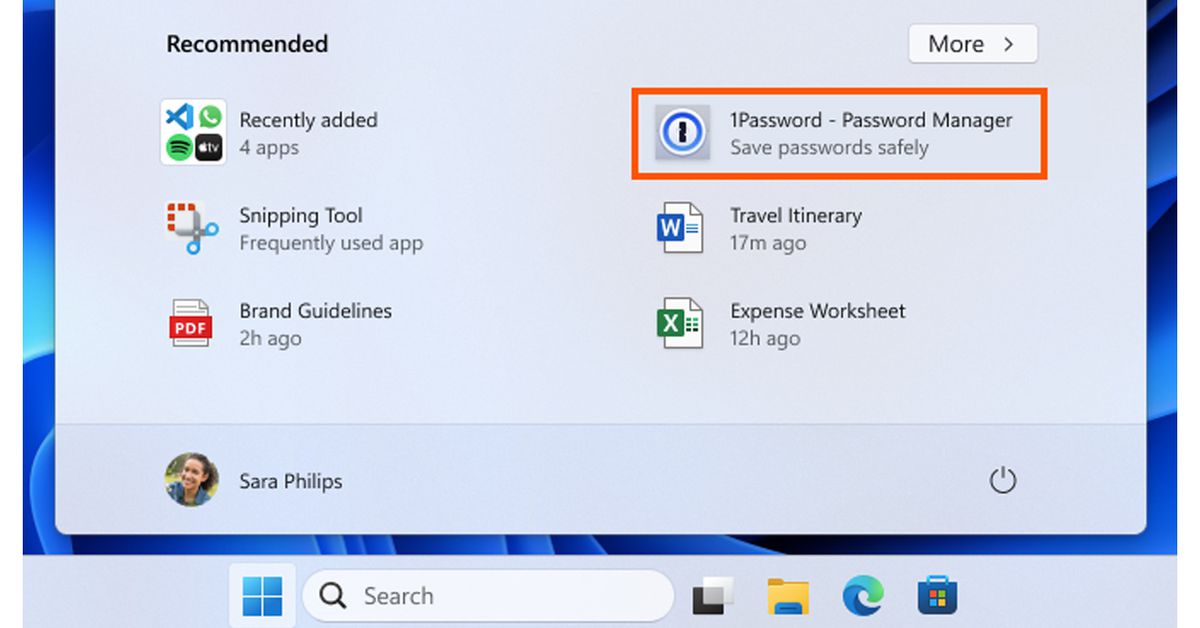- cross-posted to:
- theandrocollection@lemm.ee
- cross-posted to:
- theandrocollection@lemm.ee
Microsoft is starting to enable ads inside the Start menu on Windows 11 for all users. After testing these briefly with Windows Insiders earlier this month, Microsoft has started to distribute update KB5036980 to Windows 11 users this week, which includes “recommendations” for apps from the Microsoft Store in the Start menu.
Luckily you can disable these ads, or “recommendations” as Microsoft calls them. If you’ve installed the latest KB5036980 update then head into Settings > Personalization > Start and turn off the toggle for “Show recommendations for tips, app promotions, and more.” While KB5036980 is optional right now, Microsoft will push this to all Windows 11 machines in the coming weeks.
Microsoft’s move to enable ads in the Windows 11 Start menu follows similar promotional spots in the Windows 10 lock screen and Start menu. Microsoft also started testing ads inside the File Explorer of Windows 11 last year before disabling the experiment and saying the test was “not intended to be published externally.” Hopefully that experiment remains very much an experiment.



HEY
Nothing personal, lol, but I stand by my quotes.
I feel like sysadmins need to be comfortable in multiple environments. I also work with some really crappy ones who only know how to reboot a faulty system or crawl to Microsoft for support. No reviewing logs, no digging in at all, just “welp, a reboot didn’t fix it. Gonna submit a support ticket and make no further effort”.
There’s a lot to be said for a good generalist, but at some point, specialization takes you farther. I ended up with Windows server and Active Directory, as well as Exchange (lots of other stuff, too, but those are the main things). Apart from mass workstation management, or when a help desk person asks for a hand, I haven’t dealt with non-servers in a loooong time.
My last few experiences with Microsoft support (spread over many years) have been “If I can’t figure it out, Microsoft probably can’t, either.” For a smaller company, with a limited IT staff, having someone who is able to efficiently interface with vendor support without necessarily having all the answers themselves can be a useful thing. But I totally get what you’re saying.